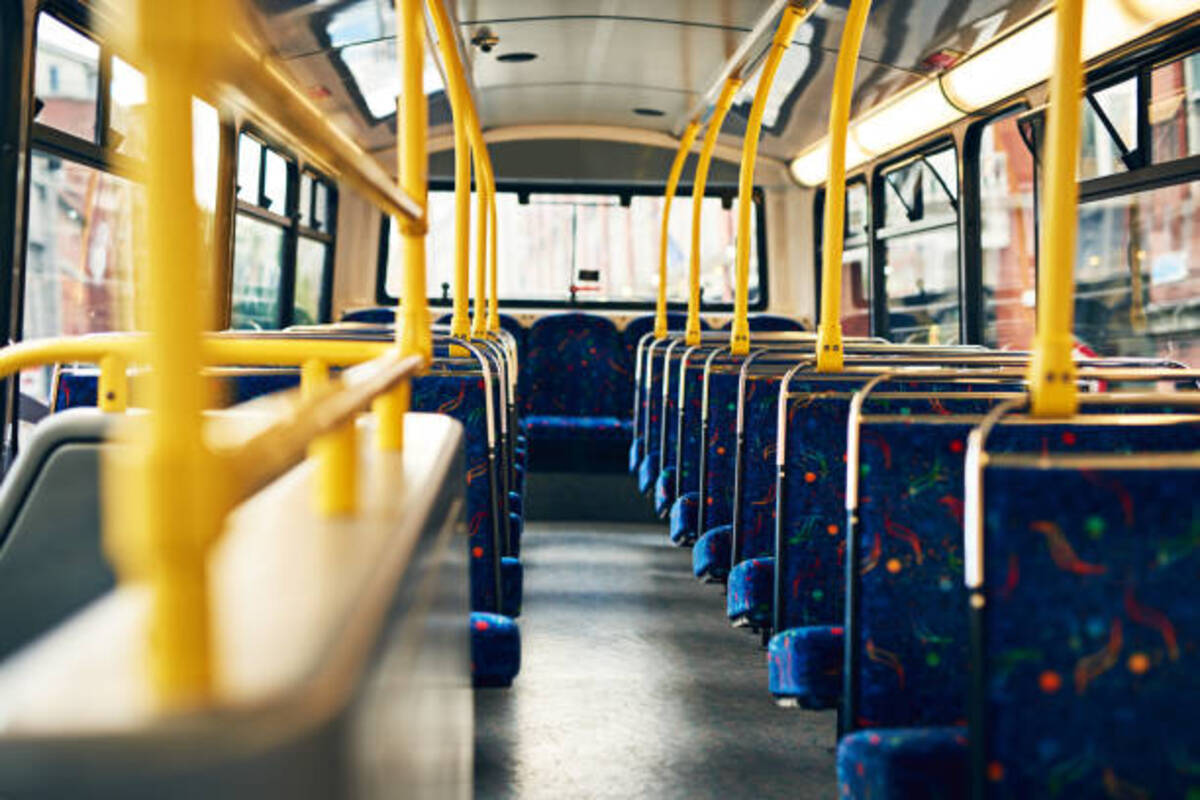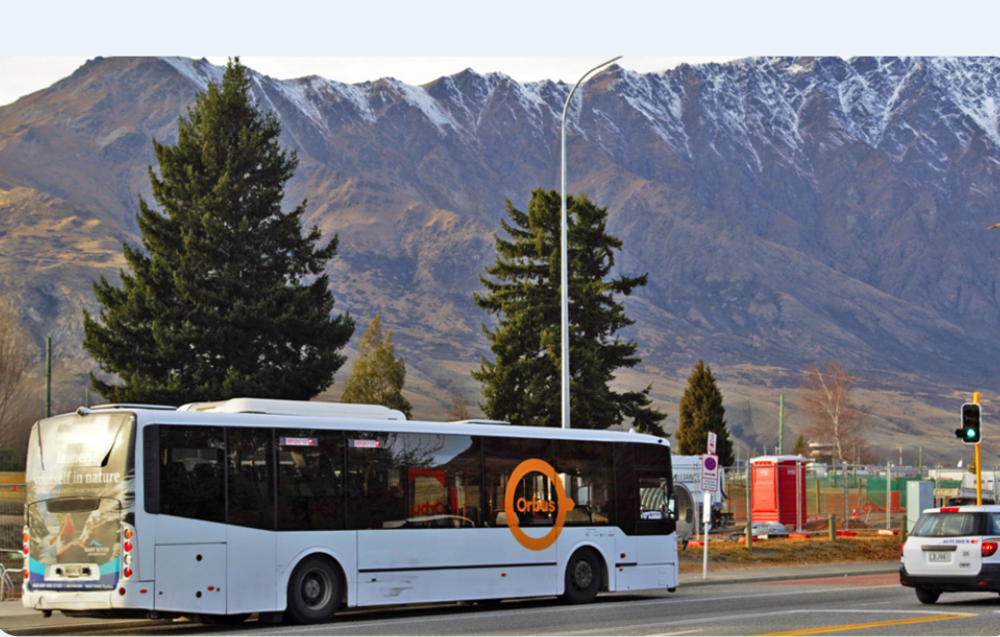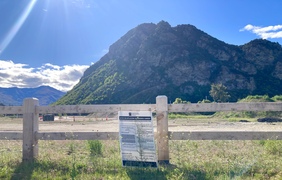Workers’ bus service mooted to Wānaka, Queenstown
The Central App
28 November 2024, 4:00 PM
 A public transport study throughout Central Otago is being funded by Otago Regional Council. PHOTO: ISTOCK
A public transport study throughout Central Otago is being funded by Otago Regional Council. PHOTO: ISTOCKPublic transport options to shuttle workers from Alexandra, Clyde and Cromwell to Wānaka and Queenstown are being explored by Otago Regional Council (ORC).
At ORC’s monthly meeting in Balclutha last week, councillors agreed to push on with a study of shared transport options, as part of a wider strategic direction on public transport across the region.
Dunstan ward councillor Michael Laws asked whether the study would be consulted on with the public, and chief executive Richard Saunders said that would depend on whether there would be significant changes.
He said it was disappointing that Waka Kotahi New Zealand Transport Agency (NZTA) was not partnering with ORC in supporting the work across the region.
The initial proposal was for a public bus service just to Queenstown, but Michael said given that Wānaka and Hāwea were booming as well, particularly with the trades, that route needed to be explored as well.
“Not all workers are turning left at the Cromwell turn off, they are heading right as well.”
Councillor Andrew Noone congratulated Michael on promoting public transport and connectivity, and said who knew what the communities would look like across the region in a decade’s time.
Councillor Gary Kelliher was the only councillor who voted against the transport study.

Otago Regional Council already runs a subsidised bus service around Queenstown. PHOTO: Supplied
After the meeting, he said he didn’t think it would be supported enough.
“We have a public transport system that runs at a loss at the moment.”
He believed what people wanted and what the regional council could actually provide were two different things.
For example, not all workers would be wanting to leave at the same time every morning or returning at the same time at the end of the day. Unless it ran on the hour every hour it wouldn’t be sustainable, he said.
“So we’ll end up with an empty bus.”
With the cost of living crisis, he was not supporting the “nice to haves,” and said the regional council had to do better with its ‘must haves.’
The transport team would now work with the finance team to understand the full rating impact on the decision, to inform future decisions on the Annual Plan.






